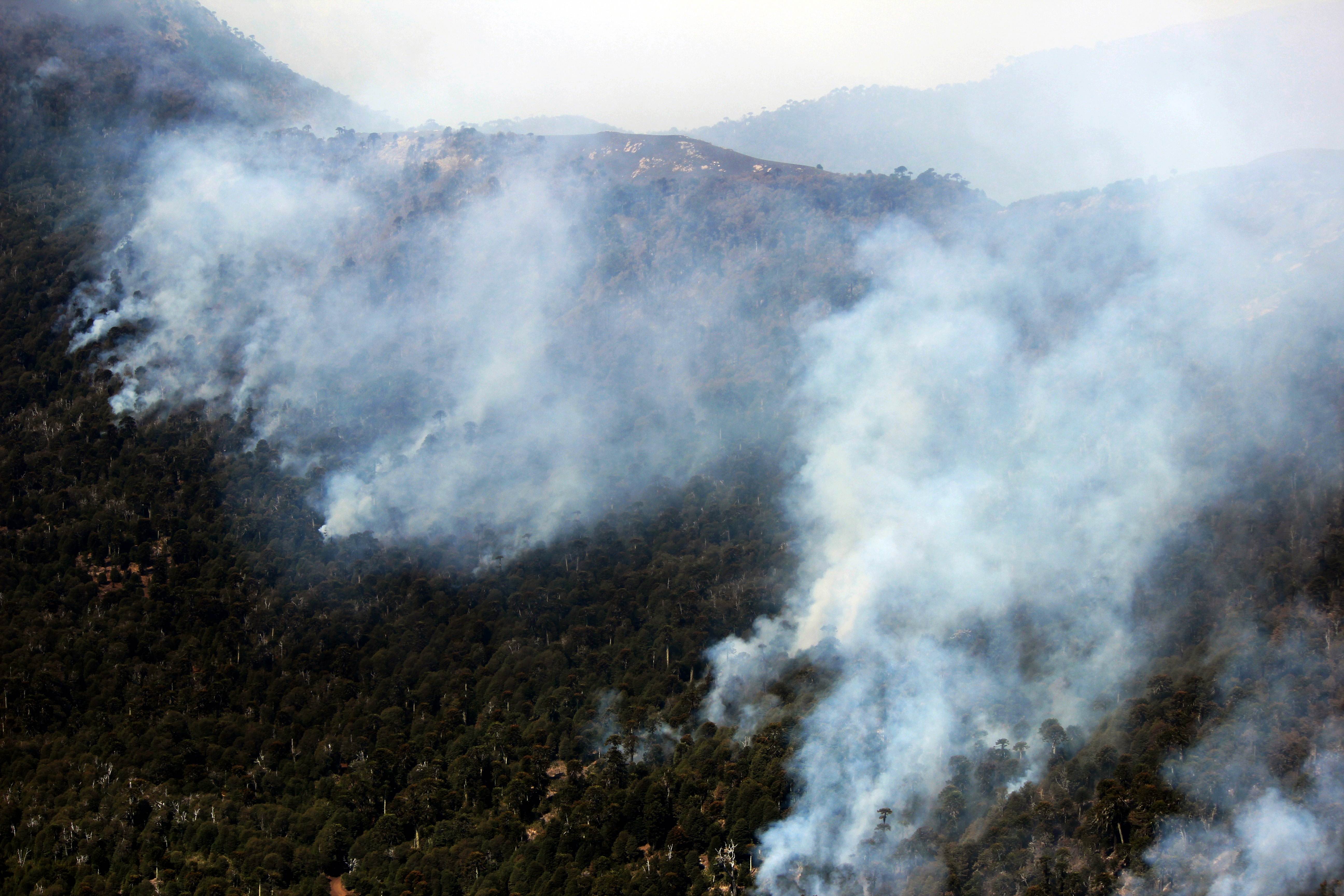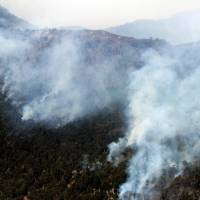With no end in sight to a drought that has blighted Chile for the last several years, the government will invest in desalinization plants and reservoirs to ensure access to potable water, President Michelle Bachelet said on Tuesday.
The drought, which began in 2007, is hampering copper production in the world's top exporter, exacerbating forest fires, driving energy prices higher and impacting agriculture.
In the usually lush and verdant south January was one of the driest since records began, with many places receiving zero rainfall. In the north of the country, home to the Atacama Desert, already the driest in the world, climatologists fear the spread of desertification.
Scientists say there is a long-term trend of increasingly dry conditions, linked to climate change.
"Faced with this critical situation, there is no choice but to assume that the lack of water resources is a reality that is here to stay and that puts at risk the development of important regions of our country," Bachelet said in a televised speech.
Some $170 million will be invested in 2015 to access underground water sources, build and upgrade canals and improve irrigation systems, she said.
In the medium term, small-scale desalinization plants and dams will be developed to supply drinking water, Bachelet said.
Bachelet's comments came as the first rains of the Southern Hemisphere's autumn fell on the country's parched central and northern regions.
Meteorologists are hopeful for a normal to slightly above-normal wet season this year, but warned that precipitation was expected to drop significantly in coming years.
For the 2030 to 2059 period, precipitation is forecast to drop between 40 percent and 50 percent in central-south Chile, home to capital city Santiago, said meteorologist Ricardo Alcafuz.




